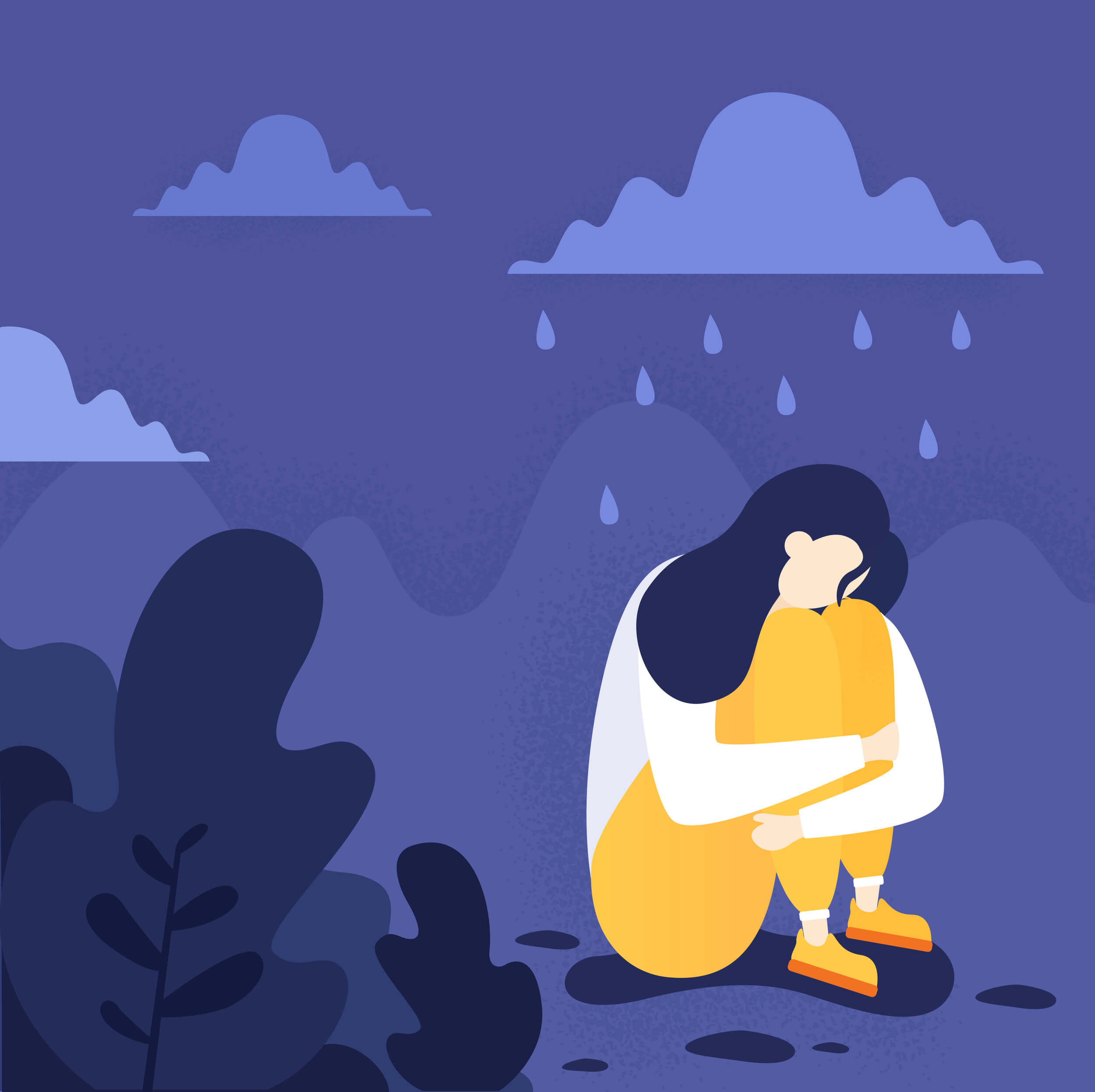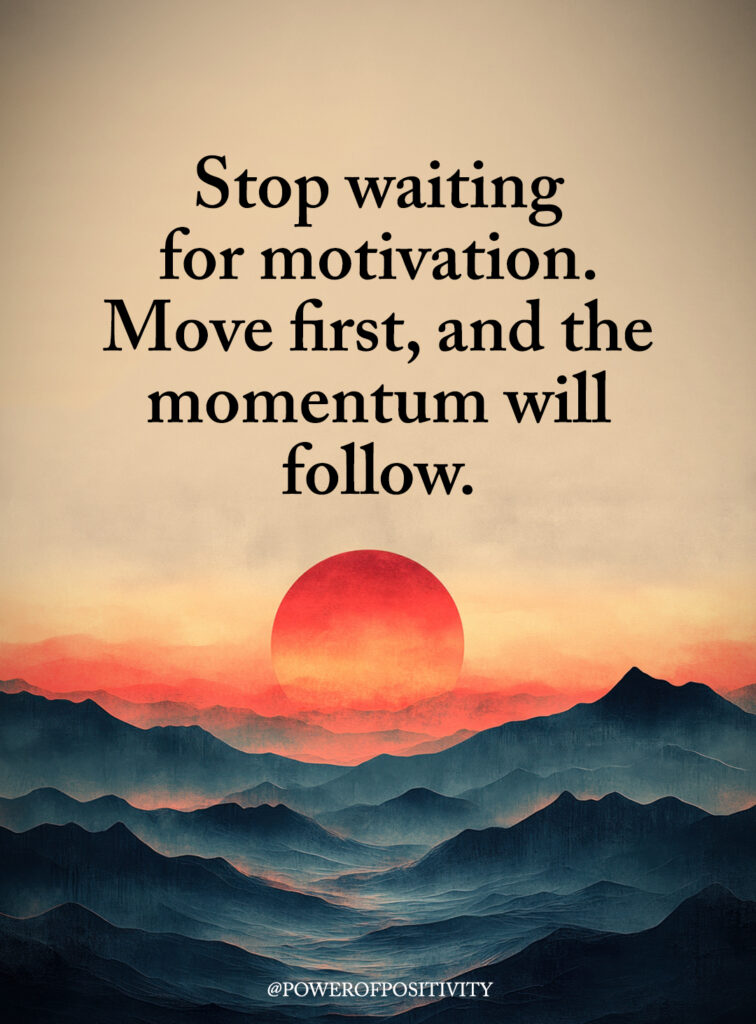You’ve blocked out every light, pulled the blackout curtains tight, and even wear a sleep mask—yet you still wake up groggy. That’s frustrating, but also common. Darkness helps, yes, but peaceful sleep depends on more than shutting out brightness.
What really matters is what’s happening inside your body and mind before you close your eyes. If your thoughts are racing or your routine is all over the place, darkness alone won’t make rest feel easy.
Peaceful sleep builds on rhythm—how consistent your bedtime is, how safe your space feels, and how calm your brain is when you lie down. It’s not just about turning the lights off. It’s about turning down the noise inside you, too. That’s when sleep becomes something that actually helps you feel rested.
The Foundation of Peaceful Sleep Starts Before Bed
Peaceful sleep doesn’t just show up when the lights go out—it starts building hours before that. What you do in the evening sets the tone for how your night will go. If your body and mind feel rushed, tense, or overstimulated, it’s harder to settle down once you’re in bed.
To set yourself up for better rest, try a few small shifts:
- Slow things down after dinner—avoid work, arguments, or big decisions.
- Lower the lights to help your brain know sleep is coming.
- Avoid screens for at least 30 minutes before bed.
- Do the same few things each night so your body links them with sleep.
Little habits like these make a big difference. When your evenings feel calmer, peaceful sleep becomes easier to reach—and easier to keep.
7 Things Peaceful Sleep Really Needs (Beyond Just Darkness)
So many people think blackout curtains and eye masks are the answer—but peaceful sleep takes more than a dark room. What truly helps is creating the kind of rhythm your body can count on. These next habits aren’t complicated, but they matter.
1. A Consistent Sleep and Wake Schedule
Setting a regular time to go to bed and wake up might sound simple, but it works. Your body has an internal clock, and it runs best when it knows what to expect. Jumping between late nights and early mornings throws off that rhythm.
Here’s what helps:
- Stick to the same schedule, even on weekends
- Avoid hitting snooze repeatedly
- Give yourself enough hours, not just any hours
Peaceful sleep happens when your body isn’t guessing—it’s following a pattern. That consistency makes all the difference in how rested you feel.
2. A Calm-Down Routine That Signals Sleep Is Coming
Peaceful sleep doesn’t just show up—you have to let your body know it’s on the way. A nightly wind-down routine helps switch your brain from “doing” to “resting.”
Try one or two of these:
- Wash your face or take a warm shower
- Read something light or calming
- Put your phone away 30–60 minutes before bed
- Do light stretches or breathing exercises
It doesn’t have to be long or complicated. What matters is that it’s done the same way most nights. That routine sends a message: “We’re shutting down now.” Over time, your body starts to follow the signal without much effort.
Peaceful sleep becomes easier when your evenings feel predictable, quiet, and free of last-minute stress.
3. A Bedroom That Feels Like a Safe, Comfortable Place
Your room can be dark—but if it feels cold, cluttered, or stressful, peaceful sleep might still be out of reach. Your brain relaxes when your environment feels safe and calm.
Think about your sleep space:
- Is your mattress comfortable or overdue for a change?
- Are your pillows and blankets soft and breathable?
- Can you adjust the room’s temperature easily?
- Are noises outside waking you up?
Even a few simple changes—like tidying up, adjusting the lighting, or adding a fan for white noise—can help your body feel more at ease.
Peaceful sleep needs a space that feels like rest, not chaos. If your room feels peaceful, your brain is more likely to relax and your body more likely to follow.
4. Limited Stimulation in the Hour Before Bed
Too much action before bed keeps your brain wired—even if you’re physically tired. Peaceful sleep needs things to slow down. If your night is packed with screen time, loud music, or heavy conversations, your brain won’t be ready to rest.
Here’s what overstimulates your system:
- Scrolling on your phone or watching intense shows
- Working late or answering emails
- Arguing or thinking through big decisions
Instead, try:
- Turning lights lower after dinner
- Playing soft music or listening to quiet sounds
- Letting yourself do something calming and low-pressure
Peaceful sleep doesn’t begin the second you lay down—it begins when your brain stops being on high alert. Quieting your world helps quiet your thoughts, too.
5. Natural Light During the Day
Peaceful sleep at night depends on getting sunlight during the day. Your body has a natural rhythm, and it uses daylight to figure out when to be awake and when to rest.
Too much time indoors can confuse your sleep cycle. To help reset it:
- Step outside in the morning, even for 10–15 minutes
- Open your curtains when you wake up
- Get some natural light during breaks
This helps your brain produce melatonin (the sleep hormone) at the right time—later in the evening, not during the day.
If your days are dim or spent under artificial light, your nights might be restless. Peaceful sleep starts long before you’re in bed—it begins when your body senses light and uses it to stay on track.
6. A Mind That’s Not Stuck on Worry
Peaceful sleep is tough when your brain won’t stop spinning. Even if your room is perfect, stress and worry can keep you wide awake. Your thoughts don’t need to be loud to be loud—they just need to keep going.
So what helps quiet the mental noise?
- Writing down tomorrow’s tasks before bed
- Doing a quick brain dump in a notebook
- Practicing deep breathing or body scanning
- Listening to calming sounds or guided audio
Trying to sleep while you’re anxious often makes the worry feel worse. Creating a short mental break before bed gives your brain the space it needs to let go.
Peaceful sleep happens more easily when your mind isn’t carrying everything at once.
7. Eating and Drinking in a Way That Supports Sleep
Food and drink choices don’t just affect your energy—they also affect peaceful sleep. Late-night snacking, caffeine, or alcohol can mess with your sleep cycle without you even realizing it.
Here’s what helps instead:
- Eat your last big meal 2–3 hours before bed
- Avoid caffeine in the late afternoon or evening
- Cut back on alcohol, especially close to bedtime
- Sip water—but not too much that you’re waking up to pee
Some foods may help sleep (like bananas, almonds, or warm milk), but it’s more about timing and portion.
Your body sleeps better when it isn’t busy digesting or dealing with stimulants. Supporting peaceful sleep means giving your system a chance to wind down—just like your brain needs to.
Common Myths That Make Sleep Worse Instead of Better
Some habits that seem helpful actually get in the way of peaceful sleep. Napping during the day might feel like a fix, but long naps can make it harder to fall asleep at night. A quick nap (15–20 minutes) can be fine—just don’t overdo it.
Also, staying in bed when you’re wide awake doesn’t help. It trains your brain to connect your bed with stress or frustration instead of sleep. If you can’t sleep, it’s better to get up for a bit than to stay stuck tossing and turning.
Peaceful sleep comes from routines that work—not myths that feel true but backfire.
What to Try When You Can’t Fall Asleep
Tossing and turning in bed doesn’t fix the problem—it often makes it worse. If sleep isn’t coming after 20 to 30 minutes, try getting up. Do something calming and quiet: stretch, read a few pages, or sit in the dark with soft music.
Keep the lights dim and skip your phone or TV. The goal isn’t to stay up, just to reset your mind. When you feel sleepy again, go back to bed.
This helps retrain your brain to link your bed with rest—not stress. Peaceful sleep is more likely when your bed feels like a safe, calm place to land.
When Sleep Still Feels Hard, It’s Okay to Ask for Help
You can build better habits, create the right space, and still struggle to sleep. That’s not failure—it just means peaceful sleep might need a little more support.
Chronic sleep problems, night anxiety, or constant waking could point to something deeper. A doctor or therapist can help you figure out what’s really going on.
You don’t have to figure it all out alone. Getting help doesn’t make you weak—it shows you care about your health, your rest, and your peace.
Final Thoughts on What Peaceful Sleep Really Needs
Peaceful sleep isn’t just about turning off the lights—it’s about turning on the right habits. It comes from rhythm, calm, comfort, and care.
When your body feels safe and your mind feels steady, rest comes easier.
Sleep doesn’t need to be perfect to feel good. With the right changes, peaceful sleep can become your new normal—not just a lucky night.















